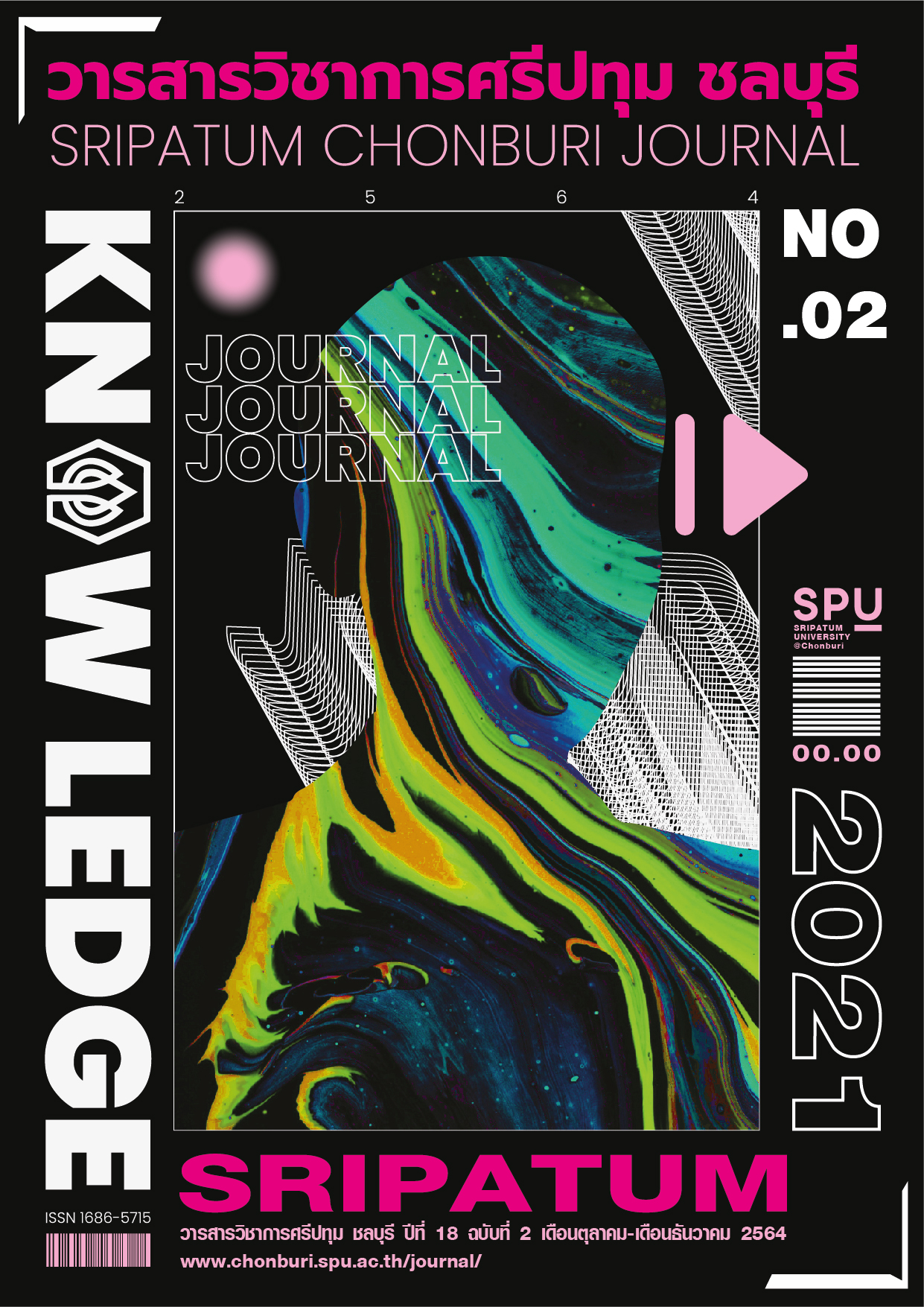ETHICAL LEADERSHIP ATTRIBUTES ANALAYSIS OF THE SUPERVISOR BY APPLYING THE KANO MODEL: PERPECTIVES OF PRIVATE COMPANY OFFICERS IN BANGKOK
Keywords:
ethical leadership, supervisor attributes, the Kano modelAbstract
The purpose of this research was to study the ethical leadership attributes analysis of the supervisor by applying the Kano Model: perspectives of private company officers in Bangkok. Sampling method was quota sampling. The sample size was 400 private company officers in Bangkok. The instrument for data collection was the rating scale questionnaires with 5-level by Applying the Kano Model. The instrument was quality testing by content validity (index of item-objective congruence: IOC = 1) and reliability (Cornbrash alpha coefficient, overall of ethical leadership questionnaire = .93, morality and fairness = .94, role clarification =.87, and power sharing = .91). The statistics used in data analysis were percentage, mean, standard deviation and Kano Model analysis. The research findings were found that ethical leadership attributes of supervisor can Classify 3 group. First one-dimensional quality element is: Praising and respect employee right, and Giving advice and explain cause of improve working. Second must-be quality element is: Actions are morale and ethical, and Treat all employees equally. The rest are in group 3 Indifferent quality element.
References
ปริญญานิพนธ์การศึกษามหาบัณฑิต สาขาวิชาการบริหารการศึกษา, บัณฑิตวิทยาลัย มหาวิทยาลัยศรีนครินทรวิโรฒ.
สำนักงานสถิติแห่งชาติ. (2559). จำนวนลูกจ้าง ค่าจ้างเฉลี่ย (ออนไลน์). เข้าถึงได้จาก: http://service.nso.go.th/nso/web/statseries/statseries05.html
[2564, 5 สิงหาคม].
Berger, C., et al. (1993). Kano’s methods for understanding customer-defined quality. The Center for Quality Management Journal, 2(4), pp. 3-36.
Brown, Michael E., Trevino, Linda K., & Harrison, David A. (2005). Ethical leadership: A social learning perspective for construct development and
testing. Organizational Behavior and Human Decision Processes, 97(2), pp. 117-134.
De Hoogh, Annebel H. B., & Den Hartog, Deanne N. (2008). Ethical and despotic leadership, relationships with leader's social responsibility, top
management team effectiveness and subordinates' optimism: A multi-method study. The Leadership Quarterly, 19(3), pp. 297-311.
Hanges, Paul J., & Dickson, Marcus W. (2004). The development and validation of the GLOBE culture and leadership scales. In Culture, leadership,
and organizations: The GLOBE study of 62 societies (pp. 123-151). Thousand Oaks, CA: Sage.
Kano, Noriaki, et al. (1984). Attractive quality and must-be quality. Journal of the Japanese Society for Quality Control, 41, pp. 39-48.
Krejcie, Robert V., & Morgan, Daryle W. (1970). Determining sample size for research activities. Educational and Psychological Measurement, 30(3),
pp. 607-610.
Matzler, Kurt, & Hinterhuber, Hans H. (1998). How to make product development projects more successful by integrating Kano’s model of customer
satisfaction into quality function deployment. Technovation, 18(1), pp. 25-38.
Streiner, David L., & Norman, Geoffrey R. (1995). Health measurement scales: A practical guide to their development and use. Oxford, UK: Oxford
University Press.
Zultner, Richard E., & Mazur Glenn H. (2006). The Kano model: Recent developments. In The Eighteenth symposium in quality function deployment
(pp. 109-116). Austin, TX: QFD Institute.
Downloads
Published
Issue
Section
License
บทความทุกบทความเป็นลิขสิทธิ์ของวารสารวิชาการศรีปทุม ชลบุรี



